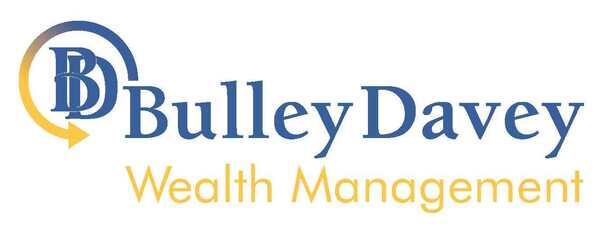Inflation can be good for homeowners. Think about it: your wage increases, your home grows in value, but your repayments stay the same. If you’re on a fixed rate, you don’t even need to worry too much about increasing interest rates.
However, all it takes is an illness that takes you out of work or an unexpected but necessary expense to throw you off balance with your repayments. Even getting carried away with spending because you didn’t budget appropriately can come back to haunt you.
Meanwhile, the Government predicts a deflationary period in the future, where wages could stagnate and even fall for some people, making repayments more cumbersome. And let’s not write off the 26% of homeowners who are not on fixed rates and are vulnerable to increasing interest rates.
So, you need to plan ahead with your mortgage repayments even if you have a fixed rate; this blog will tell you how to do that.
Planning your budget
The start of any financial planning involves working out how much money you’ve got coming in and how much you need to live on each month. That includes the amount you spend on food, clothing and other monthly household expenses (don’t forget to factor in all the council tax discounts you’re entitled to).
You want to be precise here, as estimating your spending levels may lead to errors. So, keep a spending diary to see where your money is going; there are a lot of expense-tracking apps if paper’s not really your thing.
But don’t get consumed by your monthly expenses. You also need to remember things that you pay for only once or twice a year, such as birthdays, Christmas, and car tax and insurance.
Once you’ve factored everything in, you’ll be able to tell if you can repay every monthly instalment to come. If you realise you won’t be able to, then at least you have time to create a plan, whether that means boosting your income, cutting back on some expenses or taking out a loan.
Dealing with rising interest rates and drops in income
Rising interest rates cause repayments to go up for homeowners with a variable rate. Unfortunately, the opposite isn’t always true: not all lenders will drop their rates if interest rates go down. Therefore, you need to factor interest into your budget.
It’s impossible to create the exact buffer you need to counteract future interest rises when they haven’t happened yet. Still, budgeting for an extra 1% or 2% will provide a valuable safety net.
A drop in income also causes stress for homeowners, but you can plan for it by:
- taking out accident or sickness insurance
- building an emergency fund by regularly transferring money into a savings account
- regularly reviewing your budget
- finding out what your employer provides if you become ill.
Can I pay off my mortgage early?
Simply put, yes, you can – if your lender allows you to overpay.
You can overpay your mortgage by:
- standing order
- bank transfer
- direct debit
- paying your mortgage provider in branch or by phone.
The speed you can pay off your mortgage depends on your mortgage amount, mortgage term, interest rate and limits on overpayment.
Should you pay off your mortgage early? Considering how overpaying your mortgage means you pay less interest in the future and pay off your mortgage sooner, it’s worth considering.
Just make sure you talk to a financial adviser before you do this. We can provide financial planning advice around your mortgage payments or refer you to a broker for other mortgage queries.
We’re committed to helping our clients live their best lives, and a mortgage shouldn’t get in the way of that.
Talk to us about your finances.
